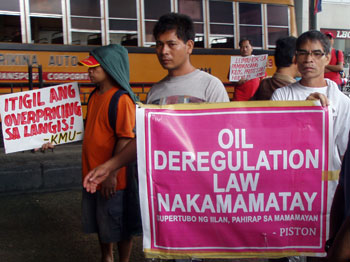
By ARNOLD PADILLA
There’s good news for its close to five million customers to start the New Year, said utility giant Manila Electric Power Co. (Meralco). It claimed that its January billing will go down by 30.5 centavos per kilowatt-hour (kWh) due to lower generation and transmission charges. But Meralco did not say that the said reduction is just one side of the story.







